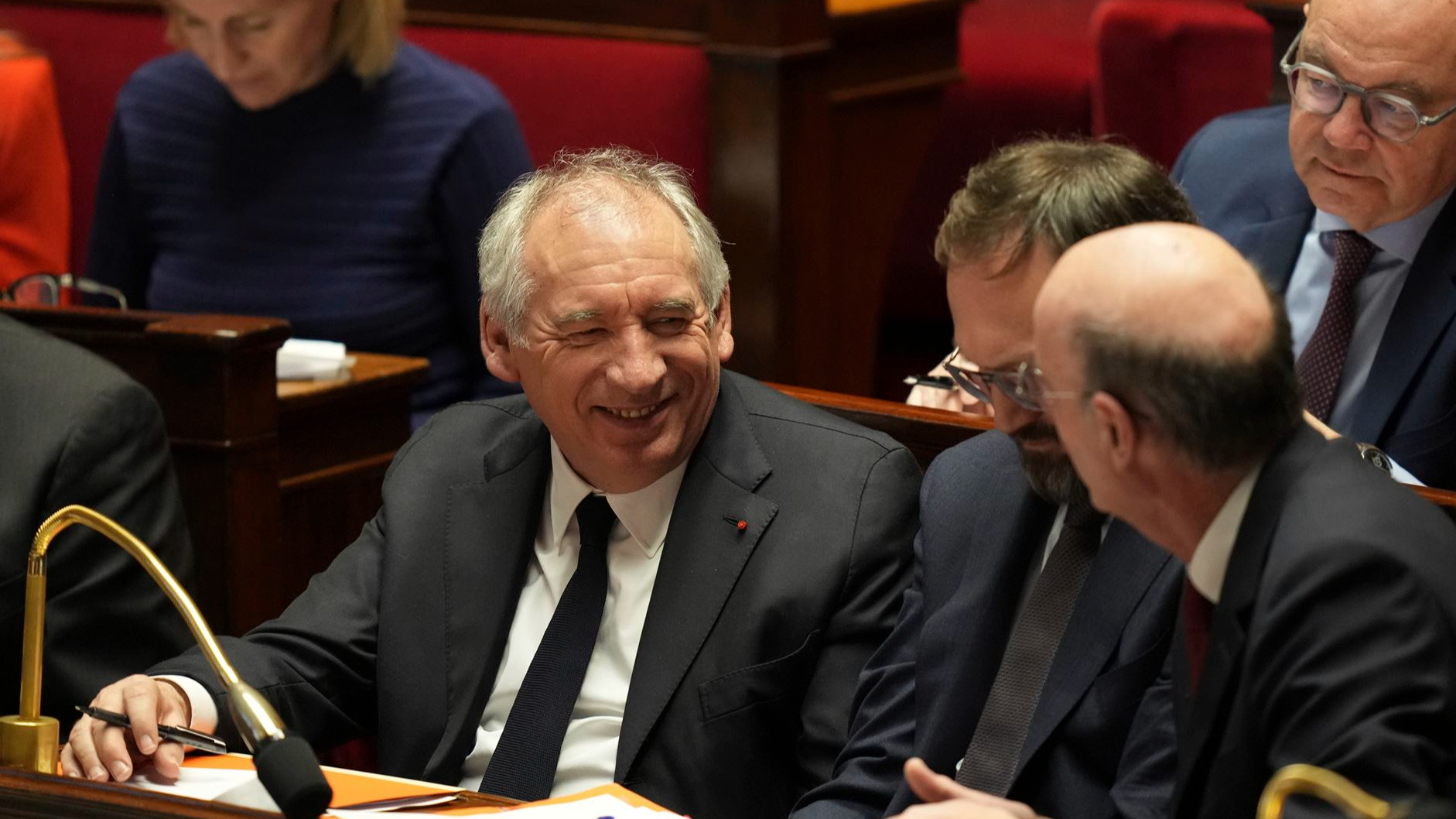
PARIS - French Prime Minister Francois Bayrou passed the first test of his new minority government on Thursday as he survived a vote of no-confidence called by the hard left after the centre-left Socialist Party did not back the motion.
The far-right National Rally (RN) party of Marine Le Pen had already signalled it would not support the motion.
It means President Emmanuel Macron's government lives to fight another day without being solely reliant on the far-right's grace. But Bayrou's administration remains weak, and still faces an uphill battle to pass the 2025 budget that led to the ouster of his predecessor, Michel Barnier.
On Thursday, 131 lawmakers voted in favor of the motion - well short of the 288 votes that were needed.
"The required majority has not been reached, the motion is not adopted," National Assembly President Yael Braun-Pivet said.
Question marks had hung over the Socialists' position. Bayrou has sought their support to avoid being left reliant on the RN, including by offering to re-negotiate a 2023 pension reform disliked by the left.
"We will not censor you (today)," Socialist Party leader Olivier Faure had told Bayrou as the debate started at the National Assembly.
The political instability in France, which had four prime ministers last year, has rattled markets.
Faure had previously said Bayrou's pledge to re-open talks on pension reform was not enough, and that his party would back the no-confidence vote in the absence of a clear response to their demands.
To win over the Socialists, Bayrou detailed in a letter a series of further concessions ranging from scrapping a cut in state medical reimbursements, increasing hospital spending more than previously budgeted and dropping plans to axe 4,000 teachers.
Bayrou also agreed to keep concessions his predecessor Barnier had already made, including shelving an electricity tax hike and raising all pensions in line with inflation at a cost of 3.6 billion euros ($3.7 billion).


